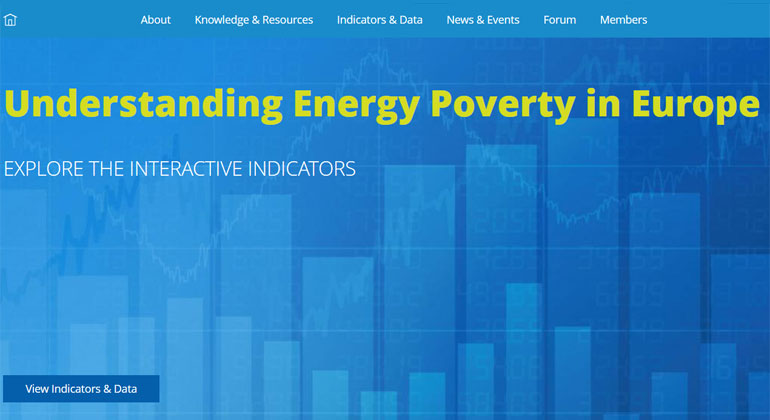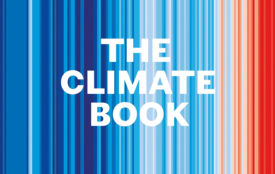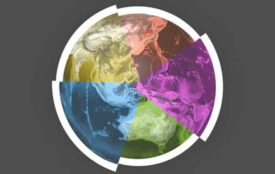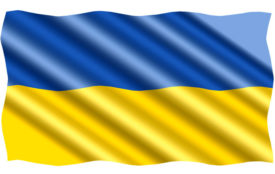New Energy Poverty Website Goes Live
New online platform of the European Commission aims to improve the situation of low-income energy consumers in Europe.
More than 50 million households in the European Union live in energy poverty. They cannot heat their flat sufficiently, pay their utility bills on time, or must live in homes of damp and moldy. The issue has been identified as a policy priority by a number of EU institutions, most notably in the European Commission’s “Clean Energy for All Europeans” legislative package. To help address this challenge the EU has created a new Energy Poverty Observatory (EPOV) to improve the measuring, monitoring and sharing of knowledge and best practice on energy poverty. The focal point of the Observatory is a newly-launched web portal which contains a range of useful resources to help support decision making at local, regional and national level. The portal is open-access and easy to use, and will promote public engagement on key issues as well as disseminate information and good practice among public and private stakeholders.
The University of Manchester is leading the development of the Observatory, with support from a consortium of experts in energy poverty policy and practice. Scientists of the Wuppertal Institute supervise the collection of comparable pan-European data and develop indicators for the platform. Johannes Thema, Project Co-ordinator in the Division Energy, Transport and Climate Policy at the Wuppertal Institute, explains: “The indicators on the platform are based on the best data currently available. Many of them show energy poverty is very widespread in some member states.” In addition, some of the key indicators are still being discussed between scientists, practitioners and the EU Commission, so that the platform is still being changed and supplemented.
The portal also contains the world’s single largest database of energy poverty amelioration measures. Many of these have been recorded in Southern and Eastern European countries that have received comparatively less visibility to date.
The EPOV is a 40 month project that commenced in December 2016. Its principal mission is to engender transformational change in knowledge about the extent of energy poverty in Europe, and innovative policies and practices to combat it. The creation of an Energy Poverty Observatory is part of the European Commission’s policy efforts to address energy poverty across EU countries. Following a public tender, delivery of EPOV is led by the University of Manchester with support from a consortium including Ecofys, National Energy Action, The European Policy Centre, Intrasoft International, and the Wuppertal Institute.








